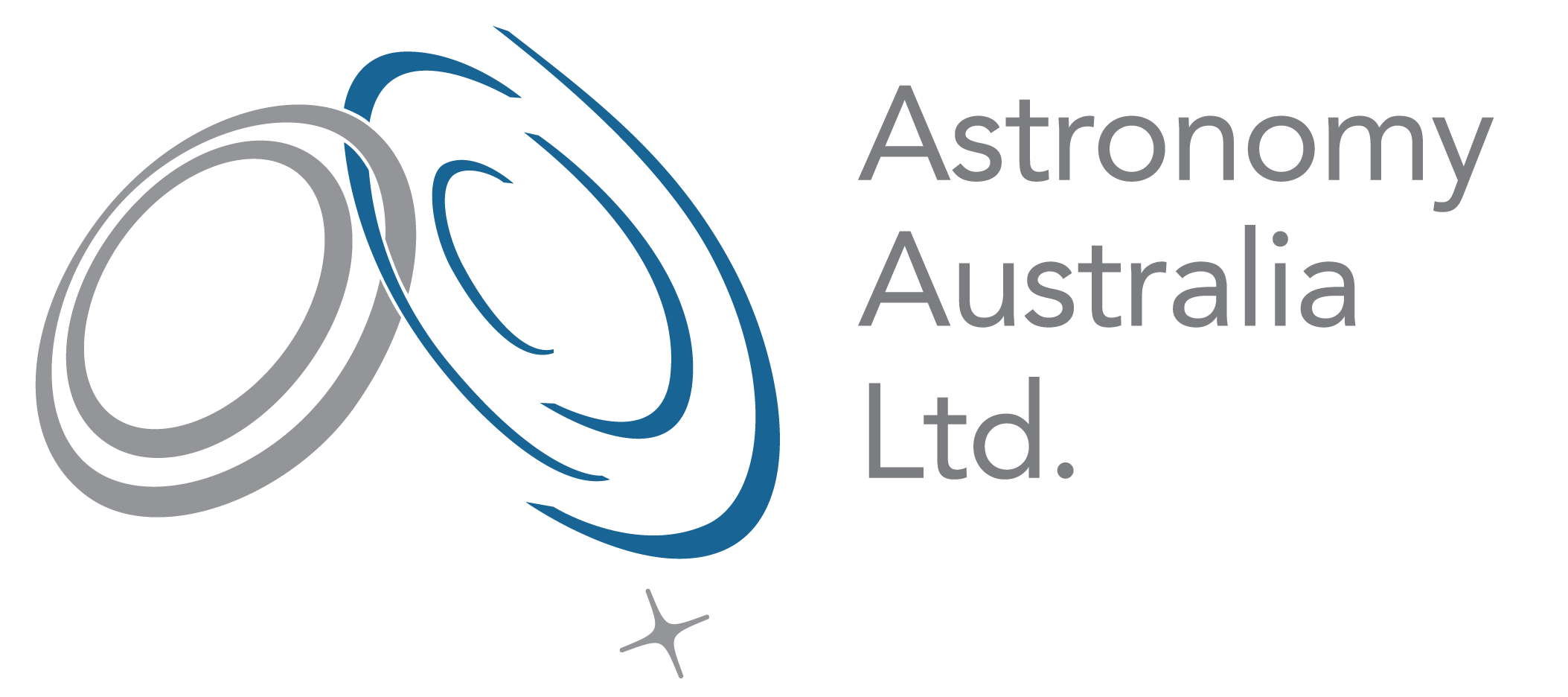- Home
- Who we are
- What we do
- How we work
- News
- Jobs
- Events
- External meetings
- Past Events
- First Results from the SRG/eROSITA All-Sky Survey: From Stars to Cosmology
- 2024 Australian/eROSITA-DE Joint Collaboration Workshop
- Astronomy and Gravitational Wave Commercialisation Workshop
- 2023 ACAMAR Workshop: Cosmic Magnetism
- Australian LSST Workshop 2023
- ACAMAR 9 Workshop
- 2023 ACAMAR Workshop: Gas in Galaxies
- 2023 Australian/eROSITA_DE Joint Collaboration Workshop



